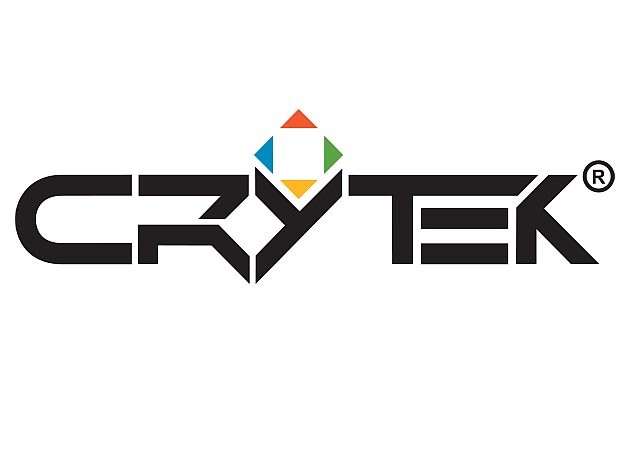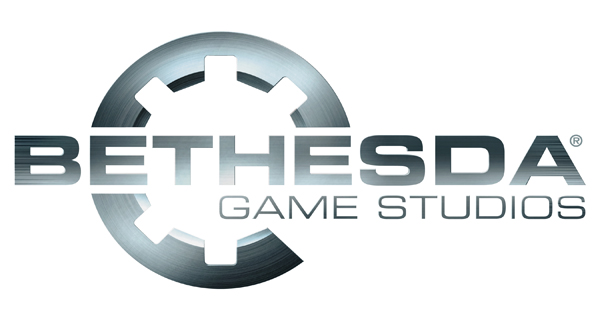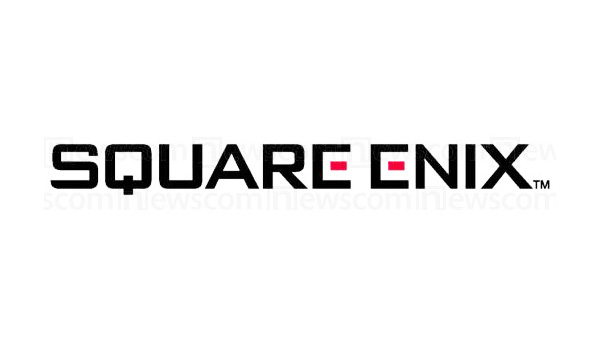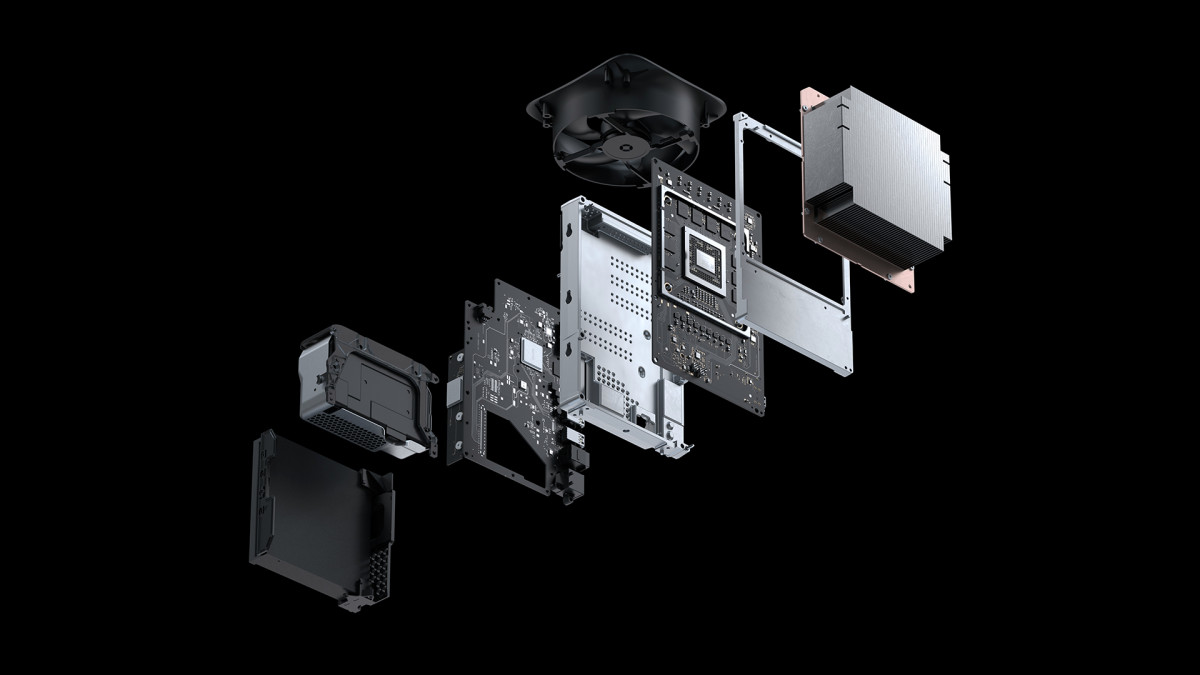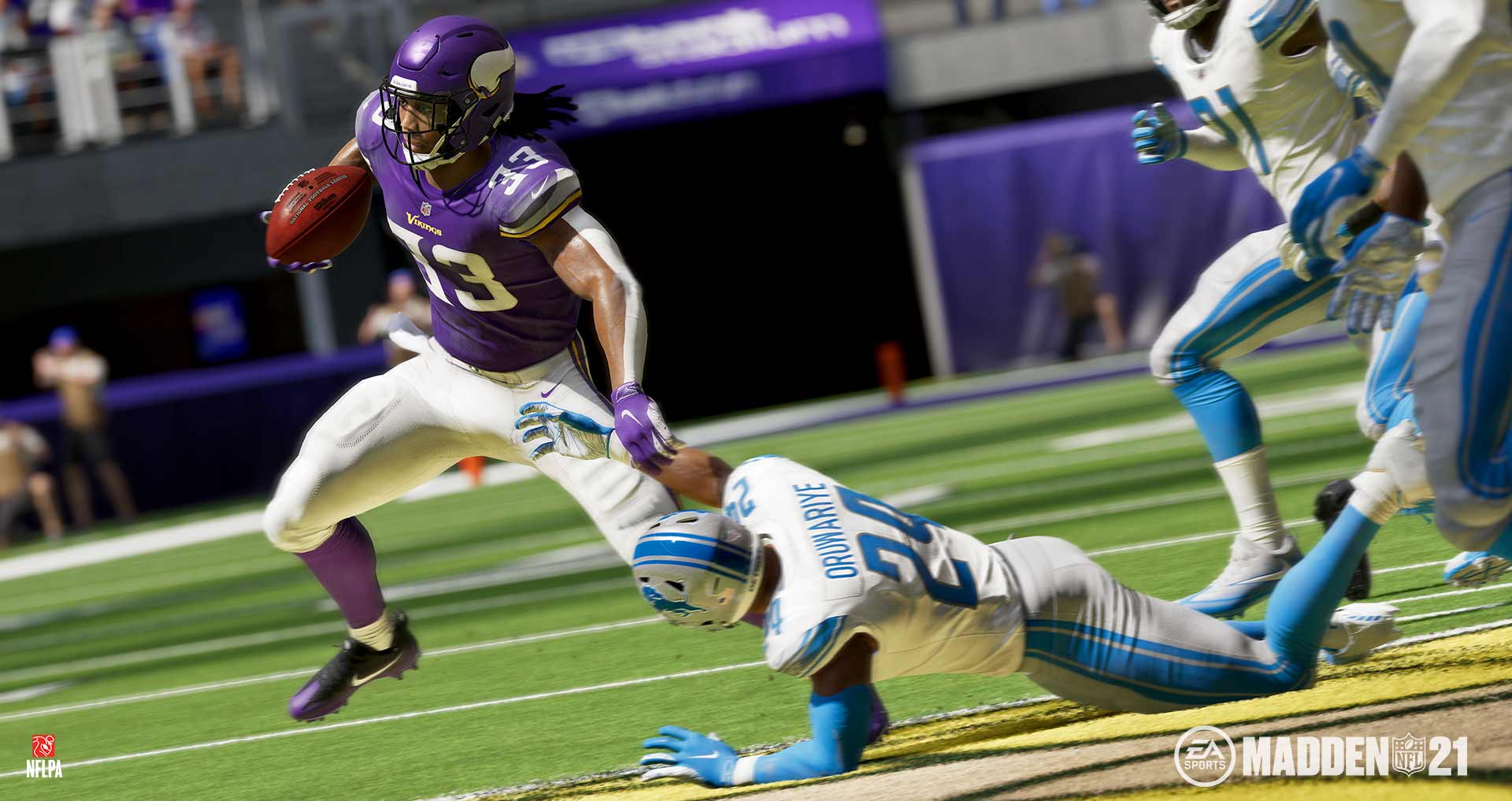
The beginning of a new generation of consoles can often be a massively disruptive force in the gaming landscape. From a player perspective, you’re leaving behind a console that you potentially loved, with only a small view of what is to come in the future. From a business perspective, you’re leaving behind a large, cultivated audience whose tastes and preferences you’ve learnt, with no view on how successful the future will be. But what if you could bring your games, with a new coat of paint, with you as a player? Or bring that audience with you as a business, by giving them a free upgrade? It makes so much sense, yet why are only some companies wholly supporting free next generation game upgrades?
For a player, there are so many things that can go wrong in the early days of a console generation, from content droughts to losing access to past-gen games due to imperfect backwards compatibility implementations. Sometimes even just wanting to leave the last generation behind because you can’t stand taking that drop in quality anymore. These are all things that can be helped addressed through free upgrades to next generation versions of your current games. By bringing that experience up to the next generation, you can keep your access, while also being given an incentive to keep playing the game. Especially during those inevitably empty spots in the beginnings of a new generation of consoles.
For a business, there are similarly plenty of things that can go wrong early on. There could be a slow uptake on the consoles, meaning less people to sell to; there could be a shift in audience tastes, meaning that games that previously sold well could begin to decline; and there could be issues shifting development to the new machines, meaning delays or drops in quality. There’s definitely the potential that all your hard work could quickly begin to unravel in the early days. How can you help shift your hard-earned audience over to a new generation? Give them a free upgrade for the game they’re already playing.
Seems like a win-win, right? Players get a free upgrade to a better looking, higher performing version of a game they’ve already paid for and developers bring over an audience of players they know are already engaging with their products. This doesn’t even go into console manufacturers, who obviously want as many people quickly shifting over to new machines as possible. So, why are only some developers and publishers publicly and fully supporting Xbox Smart Delivery on Xbox Series X and free upgrades from PlayStation 4 to PlayStation 5?
The reason behind this starts to become obvious once you begin analysing which developers and publishers have come out to confirm their support. CD Projekt Red are fully supporting free next gen upgrades with Cyberpunk 2077, while Ubisoft are on record as supporting free upgrades for Watch Dogs: Legion, Assassin’s Creed Valhalla and Far Cry 6. These are all massive games that will no doubt be supported by DLC, expansions and season passes that will release well after the PlayStation 5 and Xbox Series X release. They have a vested interest in having your game move with you, because if you knew you’d miss part of the season pass content because the game was stuck on a past generation (or simply looked worse than anything else releasing) you’d be less likely to buy it.
On the other hand, EA and 2K games have been much more circumspect in their support of free next generation game upgrades. To secure an upgrade for NBA 2K21 you have to buy a premium addition of the game that retails for $149.95 AUD or $99.99 USD, while EA originally only gave you a short timeframe to secure a free upgrade for Madden 21 before extending this after public backlash. Both games are heavily based in microtransactions, which would surely benefit from stopping generational disruption. What else do they have in common? EA and 2K are going to sell you a brand-new updated version of what is, effectively, the same game next year.
EA and 2K don’t want to make it too easy to get a free upgraded version of their game, because they would prefer that you buy a brand new next-generation iteration of their franchise next year. Buying a new game requires spending on microtransactions to hit the same point you did the year before. If you don’t buy a new game, the microtransaction economy doesn’t reset and that spending will likely drop. CD Projekt Red and Ubisoft? Their games likely won’t get sequels for at least a couple of years, so they’d prefer to keep you in their ecosystem with as little disruption as possible, making you more likely to buy DLC, expansions passes, cosmetics and microtransactions where applicable. They’ve obviously determined this makes the most financial sense for them.
It makes sense as well, look at the latest financial calls from both Take Two and EA. In the first three months of this year, EA made $832 million USD from live services, comprising just under 69% of their overall revenue for that period. In the same time period, Take Two made $760.5 million USD from live services, comprising around 54% of their overall revenue for that period. Both of these companies have an immensely successful model and anything that could potentially disrupt that, like giving you a reason to stick with the same game a little while longer instead of upgrading, will be avoided like the plague.
At the end of the day, it seems like a pretty clear distinction. Companies with yearly franchises are reticent with supporting free next generation game upgrades, because their business models rely on you buying a brand-new game every year and starting again for their continued success with microtransactions. Companies with less frequent franchise releases are more wholehearted in their support because it will help lock you into the game and make you more like to purchase DLC and expansions. Either way, developers are doing this purely for themselves and where they think they can best exploit you for your hard-earned dollars, not because they’re looking out for you.


